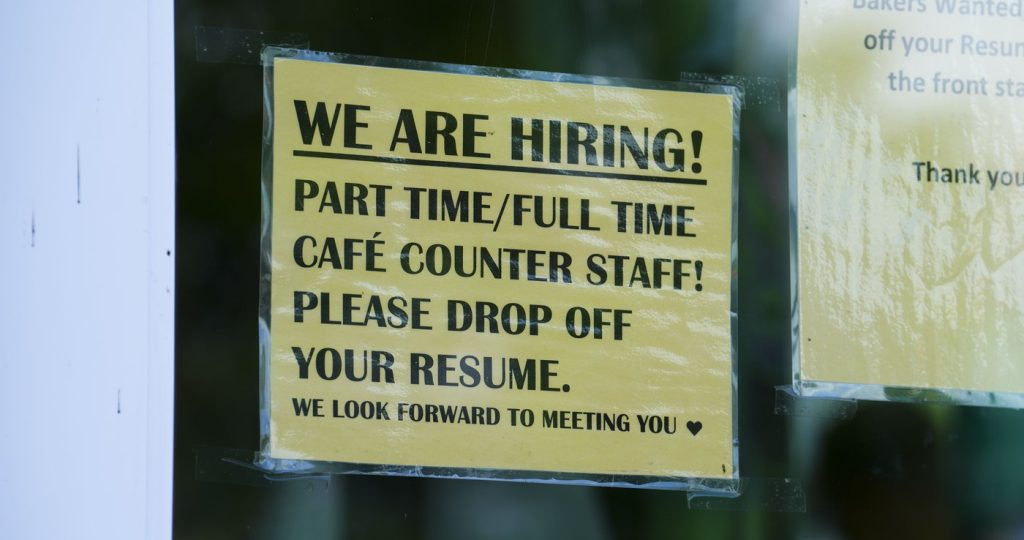The federal government is extending temporary changes to the Employment Insurance (EI) program that were introduced in response to the escalating trade war with the United States. Originally set to expire this weekend, the measures will now remain in place until October 11.
The changes, first implemented in April, are aimed at helping businesses retain staff during the economic turbulence caused by U.S. tariffs. Employers have been allowed to reduce employees’ hours while EI helps compensate workers for lost wages. The adjustments include lowering the qualification threshold to 630 hours for regular EI benefits and offering claimants an additional four weeks of eligibility.
The extended measures are expected to support around 290,000 workers, according to the office of Jobs Minister Patty Hajdu. These initiatives were part of a broader $6.5-billion aid package unveiled in March to cushion the economic blow of the trade dispute. Then-Labour Minister Steven MacKinnon had emphasized that the program would enable businesses to avoid layoffs by redistributing hours and supplementing wages through EI.
In addition to these provisions, the government had also temporarily waived the standard one-week waiting period for EI benefits and allowed workers to begin receiving EI even while collecting severance pay. These enhancements are also extended through October 11.
As negotiations continue with the United States, Prime Minister Mark Carney has committed to reaching a trade agreement within a 30-day window set during the recent G7 summit in Alberta. The self-imposed deadline for a deal is July 21. Carney has been in frequent contact with President Donald Trump in pursuit of a resolution.
Meanwhile, Foreign Affairs Minister Anita Anand expressed cautious optimism on Thursday, saying she remains hopeful that an agreement can be reached, though she acknowledged that the timeline may slip. The tariffs in question include a 25 per cent duty on goods that fall outside the Canada-U.S.-Mexico Agreement, as well as levies on steel, aluminum, and vehicles—industries critical to the Canadian economy.

